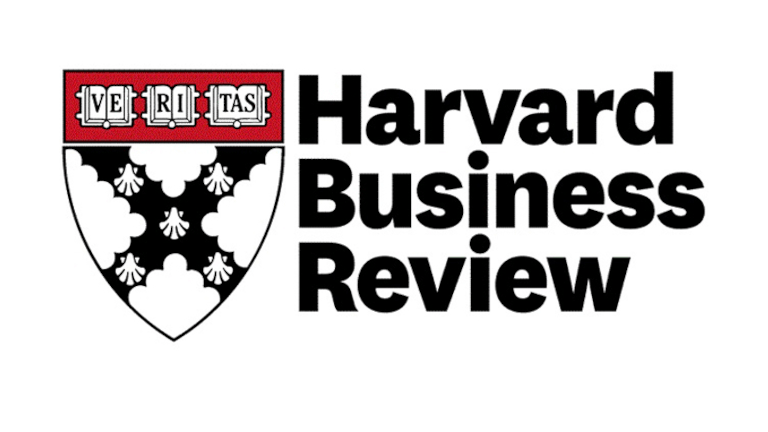Why We Love to Hate HR… and What HR Can Do About It
Five smart moves that will help, by Peter Cappelli
Summary. Complaints against Human Resources (HR), which are nothing new, have a cyclical quality. They’re driven largely by the business context. When companies are struggling with labor issues, HR is seen as a valued leadership partner. When things are smoother all around, managers wonder what the function is doing for them.
This is a moment of enormous opportunity for HR leaders to separate the valuable from the worthless and secure huge payoffs for their organizations. The author outlines some basic but powerful steps they can take:
Set the agenda. CEOs are rarely experts on workplace issues, so the HR team can show them what they should care about—such as layoffs, recruiting, flexible work arrangements, and performance management—and why.
Focus on the here and now. This means continually identifying new challenges and designing tools to meet them.
Acquire business knowledge. HR needs first-rate analytic minds to help companies make sense of all their employee data.
Highlight financial benefits. HR departments don’t usually calculate ROI for their programs, but quantifying costs and benefits turns talent decisions into business decisions.
Walk away from time wasters. Often programs lack impact unless top executives lead them, transforming the culture. Otherwise HR is just a booster for initiatives it can neither enforce nor measure.
Recent complaints about the HR function have touched a nerve in a large, sympathetic audience, particularly in the United States. The most vocal critics say that HR managers focus too much on “administrivia” and lack vision and strategic insight.
These feelings aren’t new. They’ve erupted now and in the past because we don’t like being told how to behave—and no other group in organizational life, not even finance, bosses us around as systematically as HR does. We get defensive when we’re instructed to change how we interact with people, especially those who report to us, because that goes right to the core of who we are. What’s more, HR makes us perform tasks we dislike, such as documenting problems with employees. And it prevents us from doing what we want, such as hiring someone we “just know” is a good fit. Its directives affect every person in the organization, right up to the top, every single day.
The complaints also have a cyclical quality—they’re driven largely by the business context. Usually when companies are struggling with labor issues, HR is seen as a valued leadership partner. When things are going more smoothly all around, managers tend to think, “What’s HR doing for us, anyway?”






